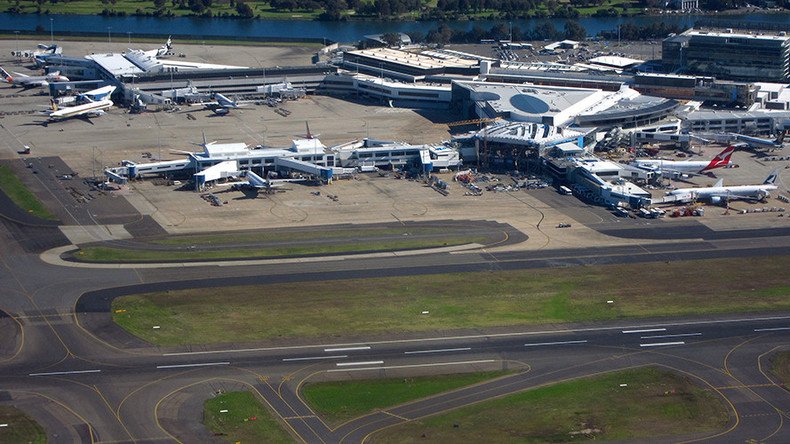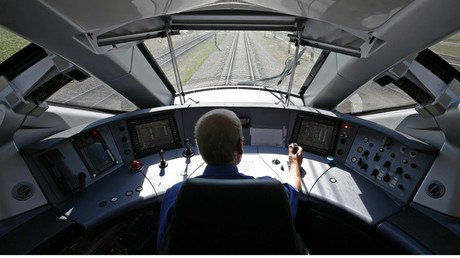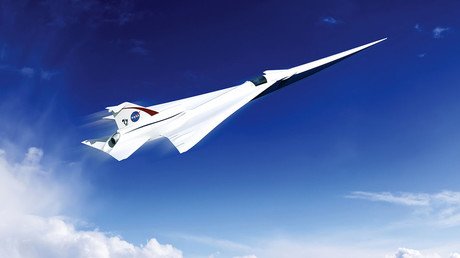A world first? Automatic recognition system to replace passport control at Australian airports

The Australian government has announced a radical overhaul of its security system at its airports planning to replace traditional ID checks with a biometric self-processing system dubbed, the Seamless Traveller.
The Australian Department of Immigration and Border Protection (DIBP) announced that it will proceed with the transition to a “contactless” ID check system this year under the initiative first announced in 2015.
The new technology is expected to abolish the need for passenger cards, passport control and will replace manned desks and electronic stations with automatic triage. The SmartGates, which were introduced at Australian airports less than ten years ago and used to electronically scan passengers’ passports, will also be replaced by the new system.
Passengers will not need to show their passports or any other ID documents as well as to contact customs officers or other officials, as they will be instead processed through biometric recognition of their face, iris and fingerprints that will be matched to existing data.
“In many cases that will mean people, whilst they’ll still have to carry their passport, may not have to present their passport at all in the long term,” Australia’s Immigration Minister Peter Dutton said, speaking about the new technology.
“But in the immediate term, this will make it easier, it will make it quicker, for people going in and out of our airports,” he added.
"I think it could be a world first," John Coyne, head of border security at the Australian Strategic Policy Institute, told the Sydney Morning Herald.
By 2020, the government wants the system to process 90 per cent of travellers automatically, with no human involvement. “Biometric capability will reduce manual processes, allowing a fast, seamless self-processing experience for up to 90% of travellers and enable border control officers to concentrate on passengers of interest,” the DIBP said in its 2015 statement, according to the Guardian.
The project is expected to cost about $94 million over five years and the plan is to pilot the new technology in July 2017 at Canberra Airport and then introduce it at a major airport in Sydney or Melbourne in November. The full rollout is to be finished by March 2019.
However, the DIBP still does not know how the new technology would exactly look as it “is asking tenderers to provide innovative solutions to allow arriving travellers to self-process," according to a department spokeswoman.
"The department has not therefore defined the specific solution or how it will differ from existing arrivals or departures SmartGates,” she added, as cited by the Sydney Morning Herald.
At the same time, the spokeswoman stressed that the DIBP is confident it will meet all the deadlines, even though the “specific solution” has not yet been found, pointing to the successful introduction of the SmartGates technology.
“This target is already routinely achieved in some international airports in Australia with departures SmartGates. The department has robust contingency arrangements in place should system errors affect passenger movements and processing,” she said, as reported by the Guardian.
Meanwhile, Coyne assumed that the passengers are likely to be asked to pass through a sort of a corridor with their biometrics being captured and checked without them even stopping. The analyst also stressed that the proposed innovation could be possible due to the massive amount of passenger data - including ticket information, travel history and criminal records - collected and stored globally.
Dutton said that the new tech would be not only more convenient but will also provide a higher level of security.
“Already we know from the money we’ve invested into biometrics collections that that is a much more reliable collection than we have with people just scanning manually passports,” he said. “So there is the ability through this technology to improve detections of people that might be coming into our country to do the wrong thing.”
Australia is not the only country developing such technology as similar innovations have been tested by the US Customs and Border Protection in John F. Kennedy International Airport and Washington Dulles International Airport in 2015 and 2016, respectively.
The US also plans to introduce such technology at all major airports, although it has not set any specific deadlines yet, the International Business Times reports.















